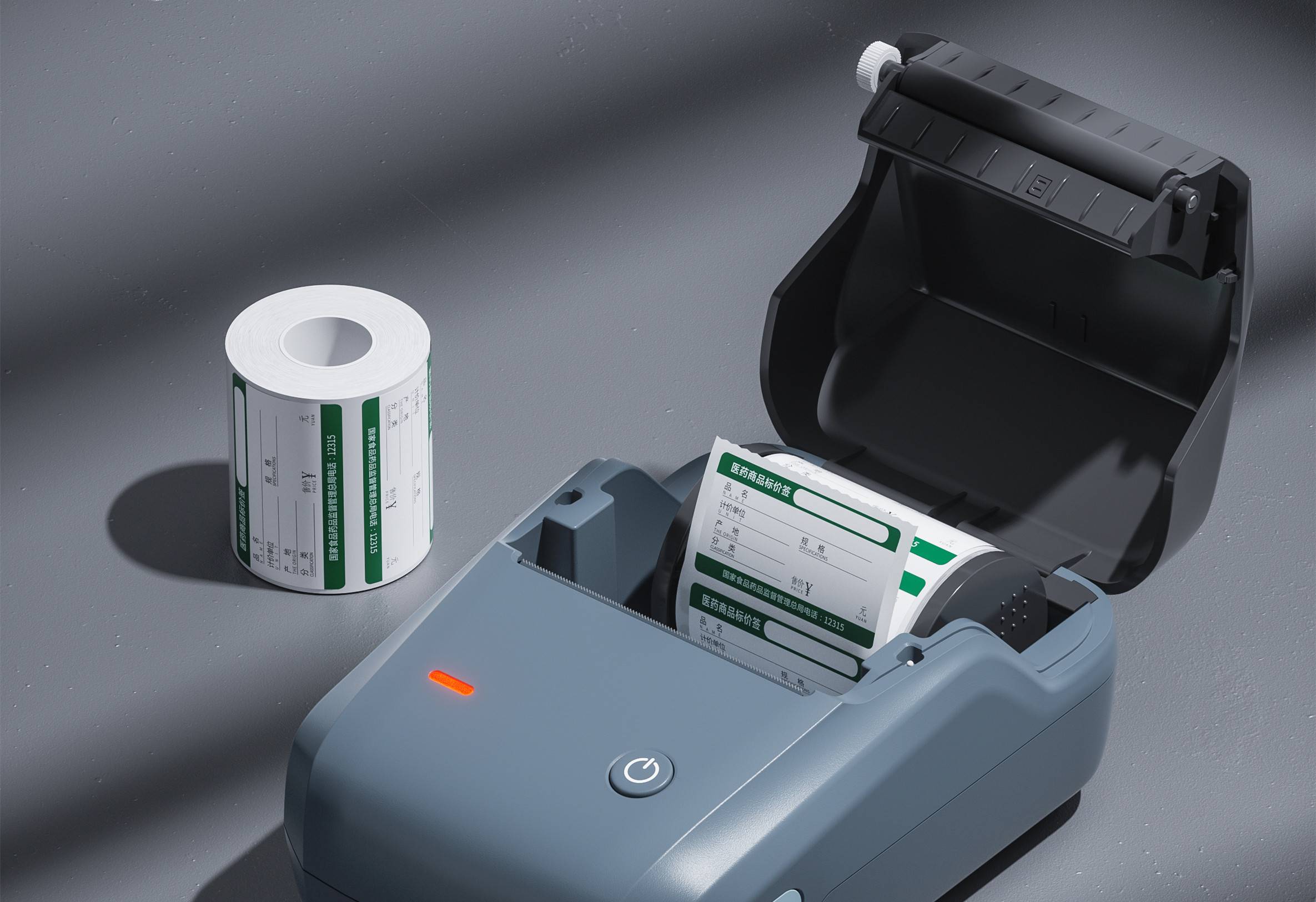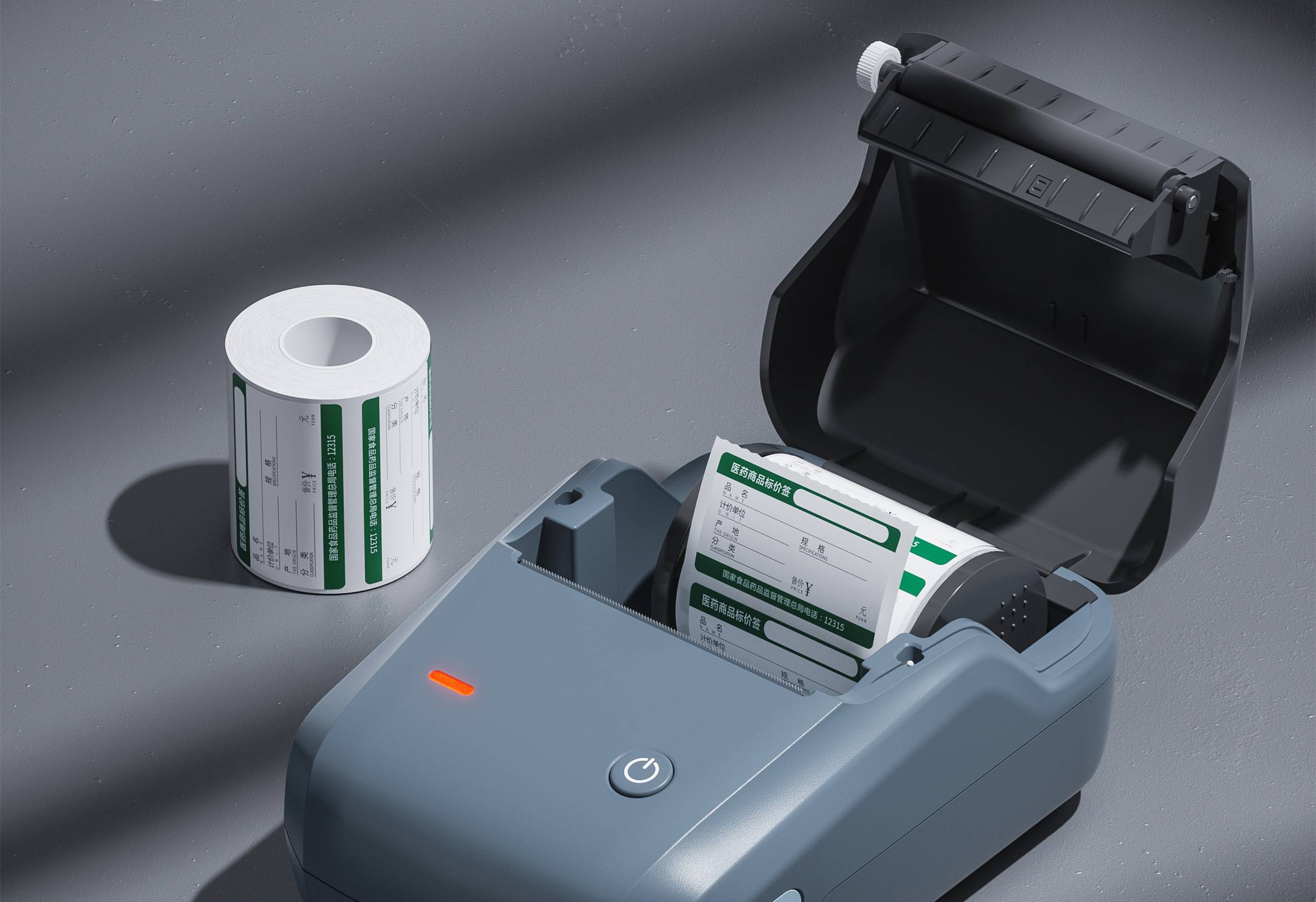
Project Introduction
Mechanical shock test is a laboratory simulation product is a series of impacts in the working environment, the product function is normal, whether there is performance failure. In the actual storage, transportation and use of the product, there are various impact environments, such as braking during vehicle operation, impact caused by collision when the goods are moved, etc.
The technical indicators of the impact test include: peak acceleration, pulse duration, speed change (half sine wave, back peak sawtooth wave, trapezoidal wave) and waveform selection. The conventional mechanical impact test requires three impacts on each side, and the total number of impacts on the six sides is 18. Mechanical shock and crash tests can verify and determine the weak links of machinery and assess the integrity and reliability of product structures.
Mechanical shock generally generates a large acceleration and a short time, such as a mechanical collision in a natural environment. Mechanical shock may have a deleterious effect on the structural and functional integrity of the product. The types of mechanical shocks in the laboratory are divided into three types: half-sine, trapezoidal wave (square wave), and triangle wave (forward sawtooth wave and rearward sawtooth wave).
Method Standard
GB/T 2423.5 GB/T 2425.6 IEC 60068-2-27
testing fee
The cost of mechanical impact testing is related to the test market, and the longer the test time, the higher the cost.

Label printers entering the Brazilian market, ANATEL certification is an essential passport! It is the recognition of the Brazilian Telecommunications Authority for the safety and compliance of electronic products, without which products cannot be legally sold.

SRRC certification is not only a guarantee of product compliance, but also a key to opening up the market.

FCC ID certification is a mandatory certification for electronic products by the Federal Communications Commission (FCC) in the United States, and it is essential for label printers to obtain this certification.
Mechanical shock test is a laboratory simulation product is a series of impacts in the working environment, the product function is normal, whether there is performance failure. In the actual storage, transportation and use of the product, there are various impact environments, such as braking during vehicle operation, impact caused by collision when the goods are moved, etc.
Get a quote